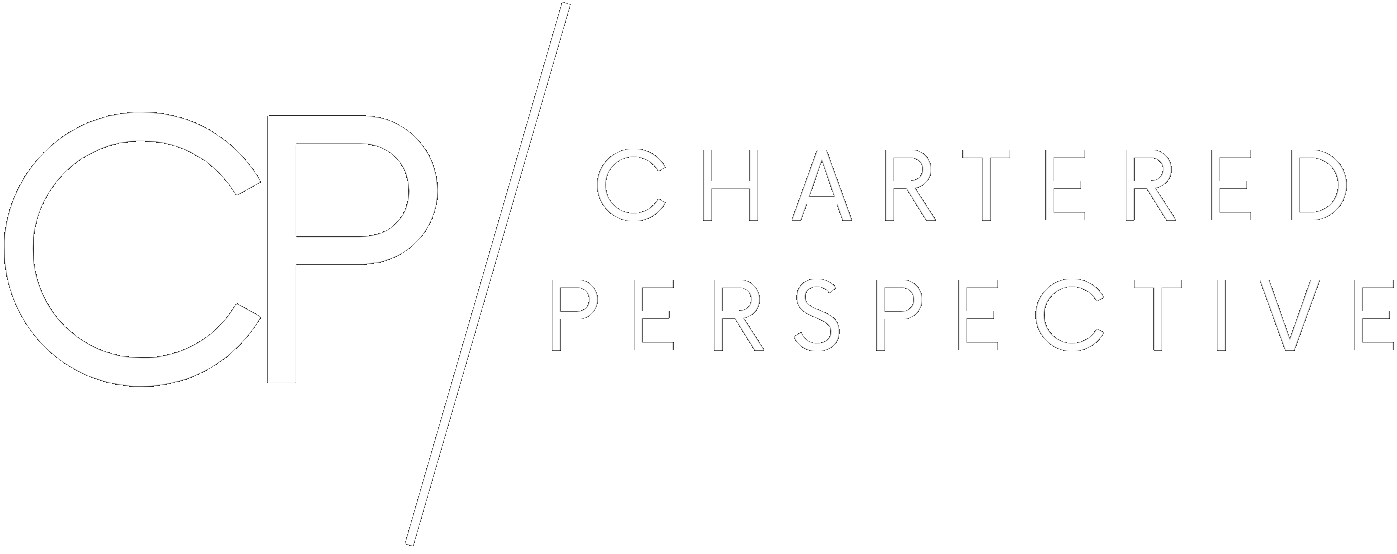Study Aids for CPA Canada - Do You Need Them?
There is a wide selection of third-party study aids and materials available to CPA Canada candidates. These study aids range from simple downloadable study guides to workshops or even personalized 1 on 1 tutoring. I had access to third party study material as part of my CPA journey but I ultimately did not use it. I describe my experience below.
Risk versus Reward
Candidates typically think of CPA study guides as a cheat-code or an answer key which will tell them exactly what they need to know and they will not have to study the official CPA Canada materials. In my opinion, this is untrue. While third party material, workshops, or personalized tutoring may assist candidates with their studying by providing another perspective or explanation to technical material, it may not necessarily be better for you than the official material. Any decent third party material or service must still ensure that candidates know the official material, as that is what will ultimately be tested. There are no shortcuts, at least not without risks.
These risks are that the third party material is not official CPA Canada material, and therefore may not actually cover the same content as the official curriculum. For example, certain topics may be in the third party material that are not in the official curriculum, and candidates would waste time learning this. On the other hand, it’s possible that the third party material may have critical omissions from the official curriculum, leaving candidates unprepared.
In short, by departing from the official material/curriculum, candidates are taking the chance that they may not actually be learning the content that they are expected to know in order to achieve the CPA designation.
Cost versus Benefit
Candidates should keep in mind the incremental cost of any third party material. Frequently, a candidate’s employer may cover CPA module and exam fees, but it is less likely that they cover third party study material or resources. Personally, the majority of my non-Big 4 employers had a set annual budget amount (ex. $3,000 per annum) for tuition and related fees. Considering the CPA Canada modules and exam fees are already $1,300+ each, that does not leave much room for additional resources without paying out of pocket.
On the other hand, if a candidate strongly believes that obtaining the CPA designation as soon as possible will have substantial benefits (ex. a promotion hinges on obtaining the designation), it may be a wise decision to pay extra for the materials to increase your chance of success, even if it is only slight.
CPA Canada Provides Ample Resources
In my opinion, the CPA Canada program is designed in such a way that completing the Professional Education Program (PEP) does not necessarily mean learning much new material, rather, it consists primarily of review from one’s undergraduate accounting program. This, coupled with the fact that the Core and Elective modules have assigned readings, quizzes, cases, and access to CPA course facilitators, means that candidates already have access to several resources for learning and different ways to test their knowledge and obtain feedback. This is a stark contrast to the CFA program for example, where candidates are given a textbook and are largely responsible for their own self-study.
My Opinion in Summary
I do not believe there is much value in purchasing a third party study aid of any sort. If one can access it for free, absolutely use it as another way to test their knowledge, however, I would not personally pay out of pocket for this. The CPA Canada program is already a serious time commitment and candidates should not risk learning irrelevant material because they followed a third party study guide. CPA Canada already provides weekly assigned readings, quizzes, cases, and provides access to course facilitators who are there to clarify and answer your questions. The material learned during CPA PEP and leading up to the CFE is largely review, and so candidates should be able to combine the provided resources with knowledge or notes/materials from their undergraduate studies. I personally had access to additional study material through the Big 4 firm (Deloitte) I worked at after I graduated with my Bachelor’s degree in accounting, but found the additional content confusing when attempting to use it in conjunction with the official CPA Canada material.
I passed every module including the CFE on my first try using nothing but the official study material and therefore do not feel like most candidates require it in order to do the same.



